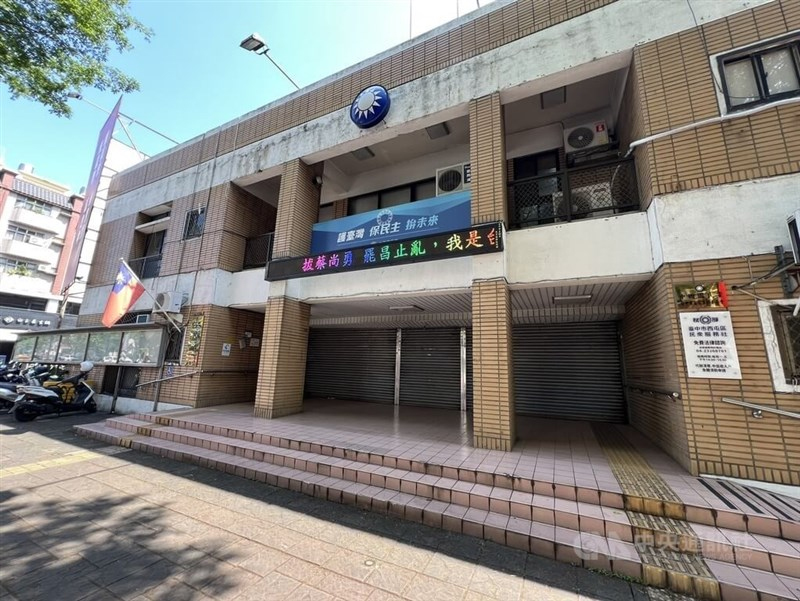Two Kuomintang (KMT) party staffers have been formally detained by the Taichung District Court amid allegations of electoral fraud related to recall campaigns targeting two Democratic Progressive Party (DPP) legislators. The scandal, which involves forged signatures and misuse of personal data, has sparked controversy over the impartiality of Taiwan’s recall mechanisms and raised questions about the role of party operatives in democratic processes.
In-Depth Report
In a politically charged development, Chen Chien-feng and Wu Kang-lung, staffers from the KMT’s Taichung office, were detained on Saturday, May 2, after prosecutors accused them of multiple criminal offenses related to ongoing recall campaigns against DPP lawmakers Tsai Chi-chang and Ho Hsin-chun.
The Taichung District Court ruled in favor of their detention due to concerns about collusion and evidence tampering. The ruling followed a large-scale investigation that saw 13 individuals questioned, multiple raids in Taichung and Changhua, and evidence of signatures from 154 deceased individuals included in the recall petitions — a direct breach of Taiwan’s Public Officials Election and Recall Act.
Original Analysis & Context
This case highlights the growing use—and misuse—of recall petitions as a political weapon in Taiwan’s polarized landscape. Recall mechanisms are intended as democratic safeguards, but in recent years they have often been weaponized by opposition forces to challenge elected officials not through policy critique, but through orchestrated technical campaigns.
The involvement of political staffers from a major party like the KMT raises deep concerns. Allegations of forged documents, identity misuse, and unlawful handling of sensitive voter data could erode public trust in Taiwan’s democratic institutions. The inclusion of deceased citizens on petitions also points to possible systemic vulnerabilities in the signature verification process.
Interestingly, while the Taichung Prosecutor’s Office emphasized neutrality, critics have accused authorities of applying asymmetric scrutiny—being harsher on KMT-led petitions targeting DPP members than on reverse efforts.
President Lai Ching-te’s administration, while not directly involved, will likely face increasing pressure to strengthen legal oversight and potentially reform Taiwan’s recall petition regulations to prevent future abuses.
Political Implications
- Public Trust: Misuse of recall procedures could reduce citizen confidence in Taiwan’s electoral safeguards.
- Party Image: The KMT’s image may be damaged if the public perceives it as orchestrating fraud rather than respecting democratic processes.
- Legislative Action: The Legislative Yuan may consider tightening recall laws or requiring more stringent verification of petition signatures.
- Cybersecurity and Data Protection: The scandal underscores Taiwan’s need for better data protection frameworks amid concerns about personal information misuse.
FAQs
What exactly were the KMT staffers accused of?
They were accused of forging documents, misusing personal data, and submitting fraudulent recall petitions that included signatures from deceased individuals.
Which DPP lawmakers were targeted?
Tsai Chi-chang and Ho Hsin-chun, both legislators representing Taichung, were the main targets of the recall campaigns.
What legal acts were allegedly violated?
The Criminal Code, the Personal Data Protection Act, and the Public Officials Election and Recall Act.
Were others implicated in the investigation?
Yes, 13 people were summoned. Six KMT members were released on bail with restrictions, and five others were released after questioning.
Are there other ongoing recall efforts under scrutiny?
Yes, campaigns targeting KMT legislators Yen Kuan-heng, Liao Wei-hsiang, and Huang Chien-hao are also under investigation, though no detentions have been made in those cases yet.


